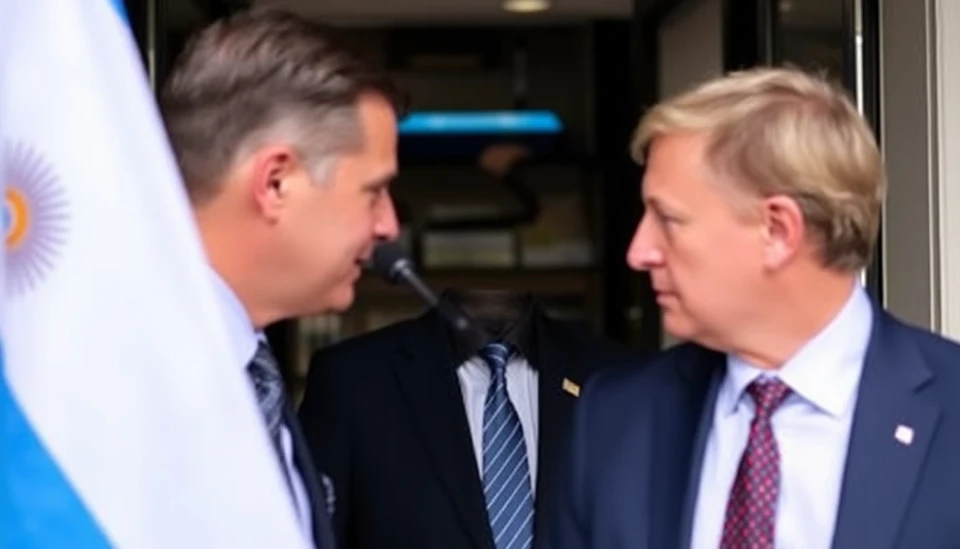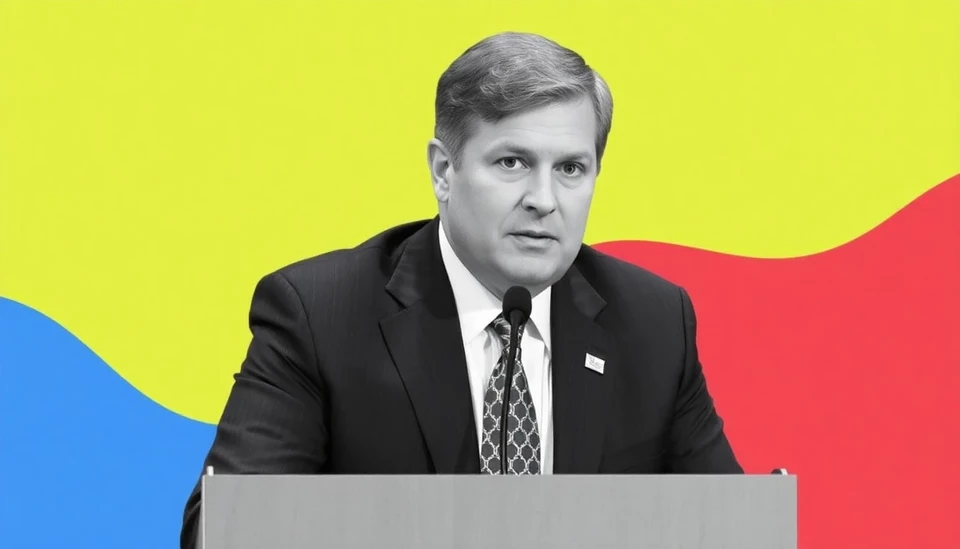
In a significant turnaround for the Argentine economy, inflation rates have decreased to their lowest levels seen since 2021. This change is largely attributed to the bold economic measures introduced by the newly elected President Javier Milei. The Argentine government reported a notable slowdown in inflation, showcasing a glimmer of hope for the nation’s financial stability.
The latest data reveals that the inflation rate has eased to approximately 120% in September compared to 124% in August. This reduction marks the first substantial drop since President Milei took office. His administration has implemented drastic economic reforms aimed at curtailing the country's long-standing inflationary spiral, which has particularly plagued the Argentine populace.
Milei’s approach has been characterized by a series of aggressive policies aimed at fostering fiscal discipline and promoting dollarization. One of his most controversial strategies has included slashing government spending and eliminating multiple state subsidies. Such measures, while met with resistance in some circles, have gained traction among economic analysts who believe they are necessary for restoring economic stability.
Part of Milei's reform strategy includes plans to transition the Argentine economy to a dollar-based system, which he argues is necessary to stabilize prices and restore investor confidence. The administration believes that relying on the U.S. dollar will help mitigate the risks associated with the Argentine peso's dramatic fluctuations, which have historically led to rampant inflation and economic uncertainty.
As these reforms unfold, early indicators suggest that consumer price inflation may continue its downward trend if these policies take root effectively. However, the road ahead remains challenging as the Argentine economy grapples with the historical legacies of hyperinflation, public discontent, and widespread poverty. The social and political implications of these reforms are yet to be fully realized, raising questions about the sustainability of Milei's economic agenda.
Economists and political analysts will be closely monitoring inflation trends in the coming months to gauge the overall effectiveness of Milei's policies. The administration is keen on presenting this decrease in inflation as evidence of a recovering economy, which they hope will bolster public trust and attract foreign investments.
In summary, while the current inflation figures exhibit a potential turning point for Argentina, the lasting impacts of Milei's policies and their reception among the Argentine people will be crucial in determining the unfolding economic landscape.
#Argentina #Inflation #Milei #EconomicReforms #Dollarization #Finance #EconomicStability #PublicPolicy
Author: Daniel Foster




